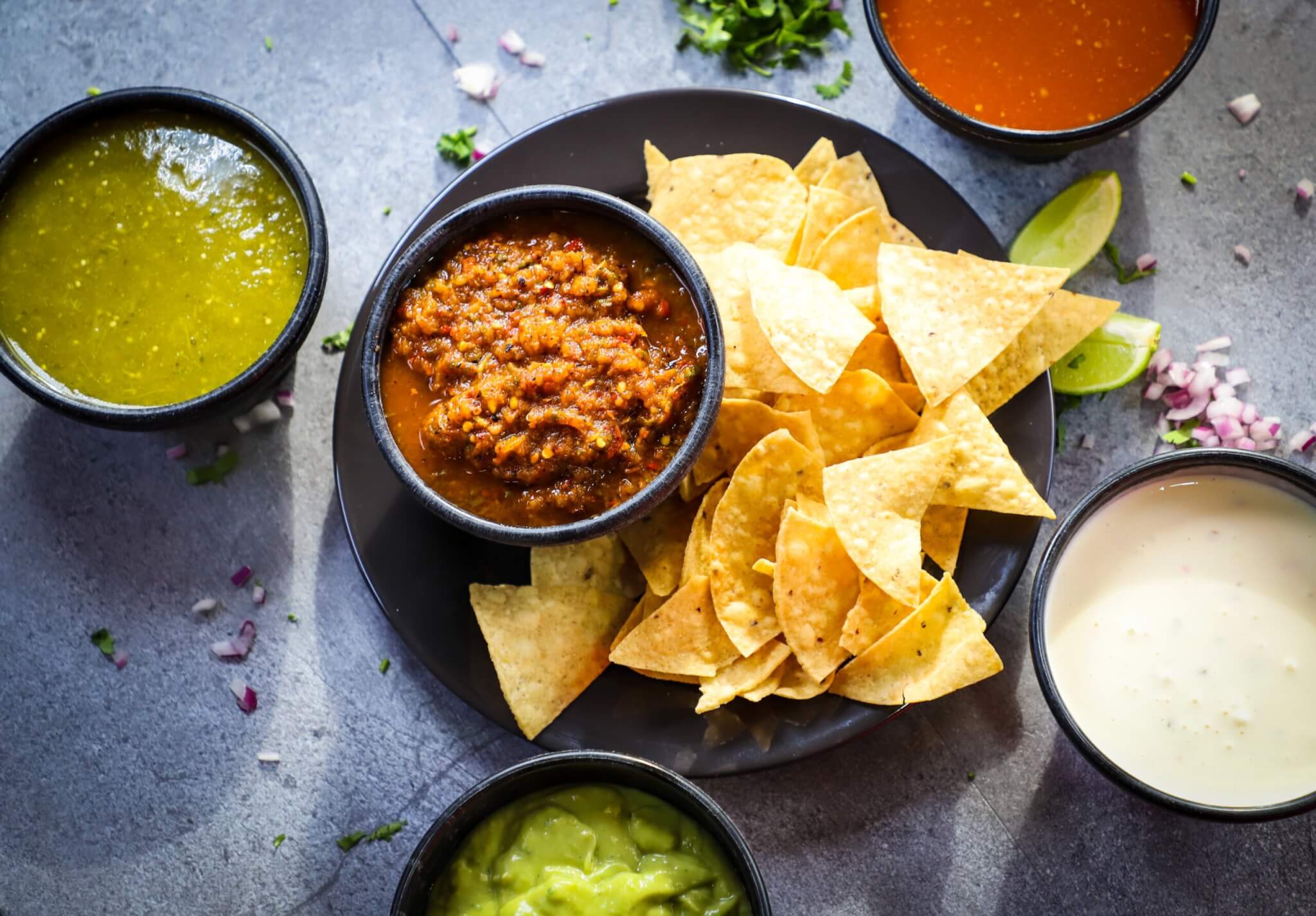BRISTOL, United Kingdom — Consuming a high amount of ultra-processed foods (UPFs) may lead to an increased risk of mouth and throat cancers, a new study warns. The research, which analyzed the dietary habits and lifestyles of nearly half a million individuals over more than a decade, finds that those who ingested more UPFs were at a greater risk of developing cancers of the upper aerodigestive tract, including the esophagus.
UPFs, which include items like ready-to-eat meals, cookies, sodas, and chips, are already known to be drivers of obesity — a condition that heightens the risk of various cancers. However, scientists at the University of Bristol have now also connected these processed food products to an elevated risk of cancers specifically affecting the mouth and throat. The authors of the study suggest that this risk may be due to additives in UPFs and contaminants from packaging materials.
These products, despite their well-documented health risks, remain more affordable and convenient than healthier food options. Prior research has established a connection between UPF consumption and cancer, including a comprehensive study within the European Prospective Investigation into Cancer and Nutrition (EPIC) cohort, which explored the relationship between UPFs and 34 different types of cancer.
While obesity, often linked to high UPF consumption, is frequently cited as a contributing factor to increased cancer risk, the latest study indicates that obesity may not be the sole cause. Researchers from the University of Bristol and the International Agency for Research on Cancer (IARC) examined whether the association between UPF intake and head and neck cancers in the EPIC cohort could be solely attributed to body fat increases.
Scroll down for a list of 19 ultra-processed foods

In this extensive international study, the team analyzed dietary and lifestyle data from 450,111 adults over roughly 14 years. The findings reveal that a 10-percent increase in UPF consumption correlated with a 23-percent higher risk of developing head and neck cancers and a 24-percent greater risk of esophageal cancer.
“UPFs have been associated with excess weight and increased body fat in several observational studies,” says Fernanda Morales-Bernstein, a Wellcome Trust PhD student at the University of Bristol and the study’s lead author, in a media release. “However, it was interesting that in our study the link between eating UPFs and upper-aerodigestive tract cancer didn’t seem to be greatly explained by body mass index and waist-to-hip ratio.”
The study authors propose that other factors, such as UPF additives like emulsifiers and artificial sweeteners — previously linked to disease risk — might be driving the higher incidence of mouth and throat cancer. Additionally, they hypothesized that packaging contaminants and manufacturing processes could contribute to this association.
Despite acknowledging potential biases in their research, which cast doubt on the causality of the association between higher UPF consumption and an increased risk of accidental deaths, the authors believe their findings are significant.
“UPFs are clearly associated with many adverse health outcomes, yet whether they actually cause these, or whether underlying factors such as general health-related behaviors and socioeconomic position are responsible for the link, is still unclear, as the association with accidental deaths draws attention to,” says co-author of the study Professor George Davey Smith from the University of Bristol.
Researchers from IARC add the need for further studies with long-term dietary assessments that reflect current consumption patterns, as the EPIC dietary data from the 1990s may not fully represent the current higher levels of UPF consumption.
“Focusing solely on weight loss treatment, such as semaglutide, is unlikely to greatly contribute to the prevention of upper-aerodigestive tract cancers related to eating UPFs,” adds Morales-Bernstein.
Highlighting the importance of the study, Dr. Helen Croker from the World Cancer Research Fund praises the research for contributing to the body of evidence that suggests a link between UPFs and cancer risk, reinforcing the recommendation to consume a diet rich in whole grains, vegetables, fruits, and beans for cancer prevention.
19 Ultra-Processed Foods and Beverages
- Sugary drinks: Sodas, sweetened teas, energy drinks, and fruit-flavored beverages.
- Packaged snacks: Chips, crackers, and pretzels.
- Candy and sweets: Chocolate bars, gummies, and candies.
- Processed meats: Hot dogs, sausages, deli meats, and bacon.
- Frozen and shelf-stable meals: Ready meals, frozen pizzas, and instant noodle dishes.
- Packaged breads and buns: Often made with added sugars, fats, and preservatives.
- Breakfast cereals: Especially those high in sugar and refined carbohydrates.
- Commercial baked goods: Cookies, pastries, cakes, and doughnuts.
- Ice cream and frozen desserts: High in sugar, fat, and often contain various additives.
- Reconstituted meat and fish products: Chicken nuggets and fish sticks.
- Instant sauces and gravies: Pre-made sauces that often contain a long list of additives.
- Meal replacements and protein bars: Often highly processed with various non-food ingredients.
- Artificially sweetened products: Diet or “light” foods and beverages with synthetic sweeteners.
- Pre-made condiments and spreads: Ketchup, mayonnaise, and chocolate spreads that often contain high levels of sugar and preservatives.
- Flavored dairy products: Flavored milk, some yogurts with added sugars, and artificial flavors.
- Processed cheese: Cheese products that are not 100% cheese and contain additional ingredients.
- Refined grain products: Such as white bread, white pasta, and pastries.
- Processed vegetarian and vegan alternatives: Some meat substitutes can be heavily processed with additives.
- Alcoholic beverages: Certain premixed cocktails and flavored alcoholic drinks.
It’s important to note that while not all processed foods are inherently unhealthy, ultra-processed foods are distinguished by their high levels of processing, which often results in the removal of nutritional value and the addition of ingredients that are not beneficial for health.
The study is published in the European Journal of Nutrition.
South West News Service writer James Gamble contributed to this report.

